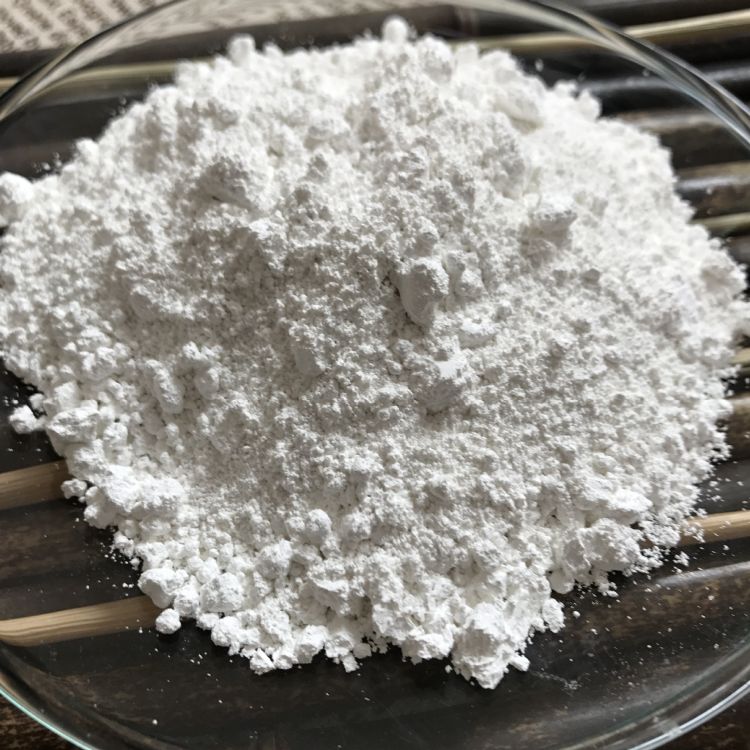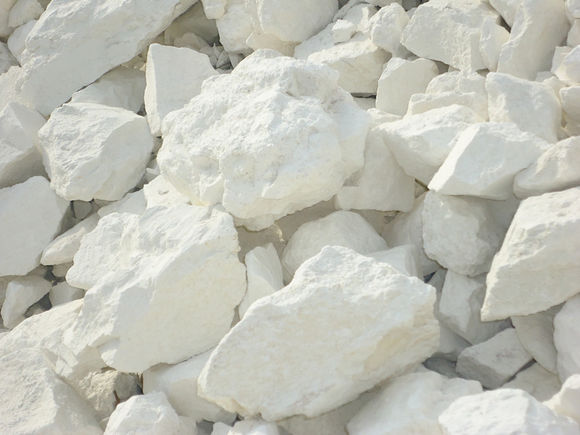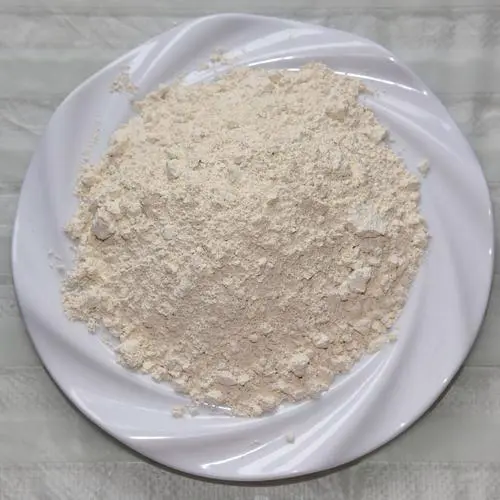
Kaolin is a kind of clay and clay rock dominated by kaolinite group clay minerals.
Kaolin is a type of clay and clay rock that is dominated by the kaolinite group of clay minerals. This mineral, also known as china clay, is a soft, white soil with excellent plasticity and fire resistance, making it a valuable resource in a variety of industries. Its mineral composition includes kaolinite, halloysite, hydromica, illite, montmorillonite, quartz, feldspar, and other minerals. The pure white kaolin is highly sought after for its physical and chemical properties.

One of the most common uses of kaolin is in the paper industry, where it is used as a filler and coating to improve the paper's brightness, smoothness, and printability. In the ceramics industry, kaolin is used as a raw material for the production of porcelain and other ceramics due to its ability to increase strength and plasticity of the clay body. Additionally, kaolin is used in the manufacturing of refractory materials, paint, rubber fillers, enamel glaze, and as a raw material in the production of white cement.

Furthermore, kaolin finds applications in a wide range of industries including plastic manufacturing, paint production, pigment formulation, grinding wheel manufacturing, pencil production, cosmetics, soap making, pesticide formulation, pharmaceuticals, textiles, petroleum refining, chemical processing, and construction materials. Its versatile properties make it an essential ingredient in various industrial processes and products.

In conclusion, kaolin is a versatile mineral that plays a crucial role in multiple industries due to its unique properties and wide-ranging applications. Its white, soft, and plastic nature, along with its fire resistance and chemical stability, make it a valuable resource in the production of a diverse range of products. As technology advances and new applications are discovered, the demand for kaolin is expected to continue growing, solidifying its status as a fundamental component in many industrial processes.
Share
-
Chlorolite is obtained from zeolite ore by high temperature sintering and dehydration treatment.NewsMay.24,2024
-
The main component of talc is magnesium silicate containing talc water,NewsMay.22,2024
-
Alumina is a high-hardness compound commonly used in the manufacture of refractory materials.NewsMay.20,2024
-
Hollow glass beads are tiny, hollow glass spheres,NewsMay.16,2024
-
Fused quartz is the amorphous (glassy) state of silicon oxide (quartz, silica).NewsMay.09,2024
-
Vermiculite is a natural, inorganic, non-toxic mineral that expands under high temperature.NewsApr.09,2024






